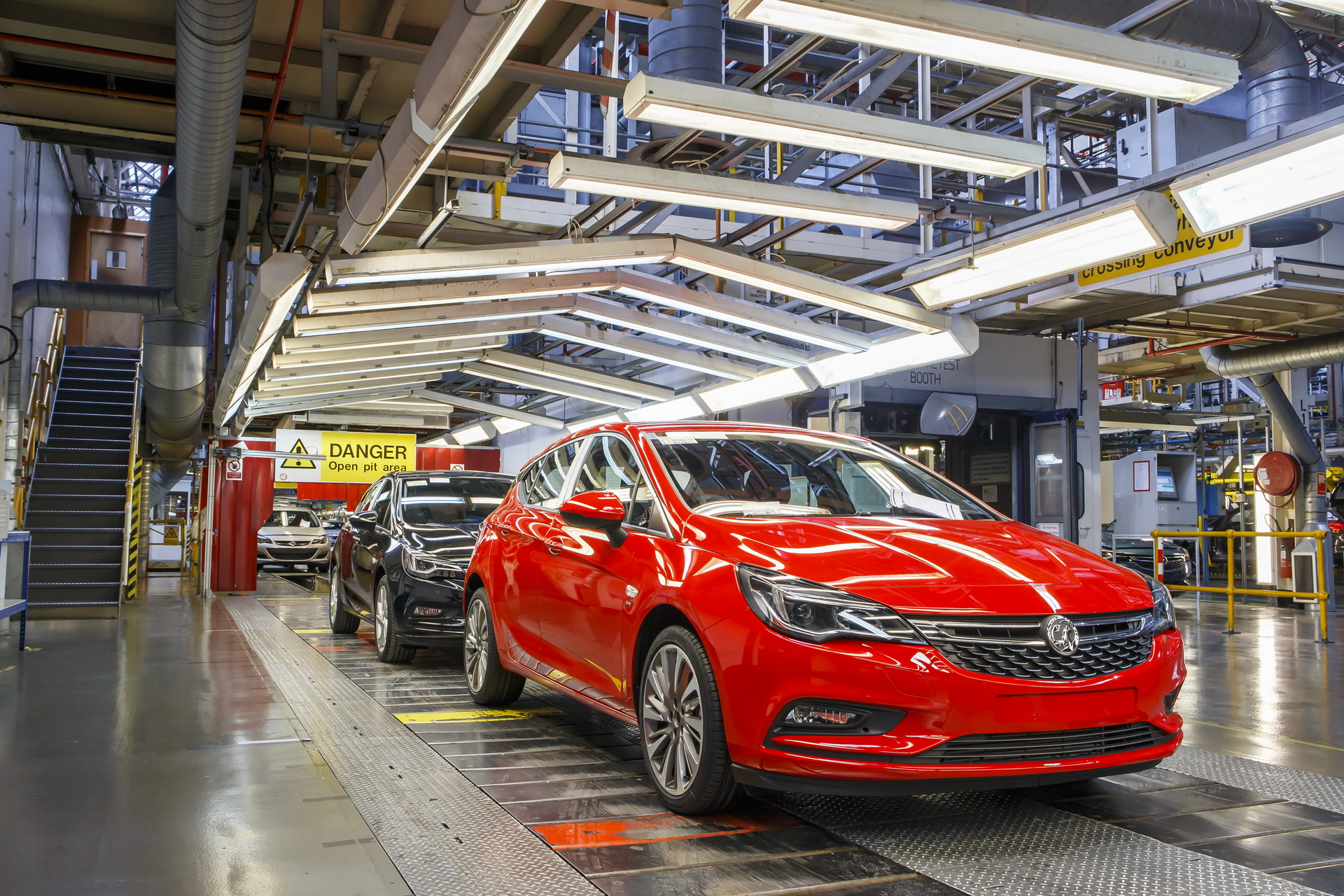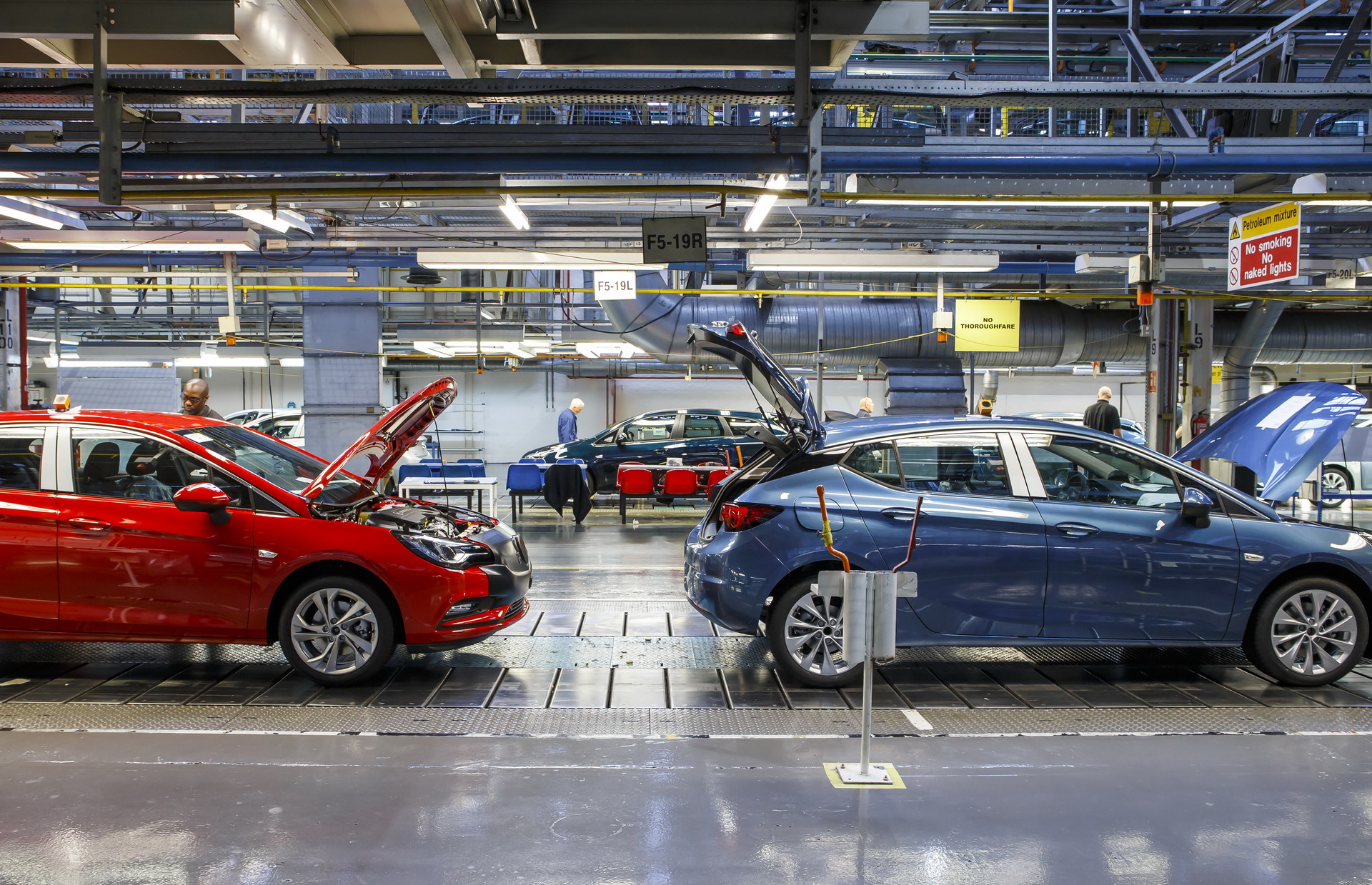The chief executive of PSA Group, Carlos Tavares, believes that the French car manufacturer’s merger with Fiat Chrysler Automobiles could help both companies make progress in the competitive Chinese market.
In a move that surprised the industry in late October, it was announced that FCA and PSA Group will combine their respective businesses to create the fourth largest OEM in the global automotive industry. Confirmation of the merger came just a few months after the collapse of a proposed merger between FCA and Groupe Renault.
While recently speaking with Auto News about the merger, Tavares said that the two companies “are very complementary on technology and very complementary on geography” and that by working together, they can make in-roads into China.
A Game Changer: FCA And PSA Tell Employees Merger Is Just A Few Weeks Away
“At least for PSA, I can recognize that we haven’t achieved very much in China,” Tavares acknowledged. “But if we come together, it could give us a lever to get things done there. The fact that we would be together would, perhaps, open other doors, or different doors, than the ones we could open alone.”
Tavares failed to offer any more details about how the merger could help FCA and PSA pursue greater sales across China.
Nevertheless, he did say that the car manufacturer is also investing a lot of time into other endeavors, namely ensuring that it complies with new European Union CO2 regulations that will limit fleet emissions to 95 grams per kilometer from January 1, 2020.
“We have a very precise process. I can’t say a lot about it because it’s highly competitive, but it involves our production, our order book and making our dealers actors in what we are doing, not just followers,” he said. “For us, it’s an ethical matter [to meet CO2 targets], not just a financial matter. Our employees’ children might ask them someday, “What did you do to fix the global warming issue?” So they want to say that despite working at a car company, they are contributing — and working really hard — to address global warming.”









